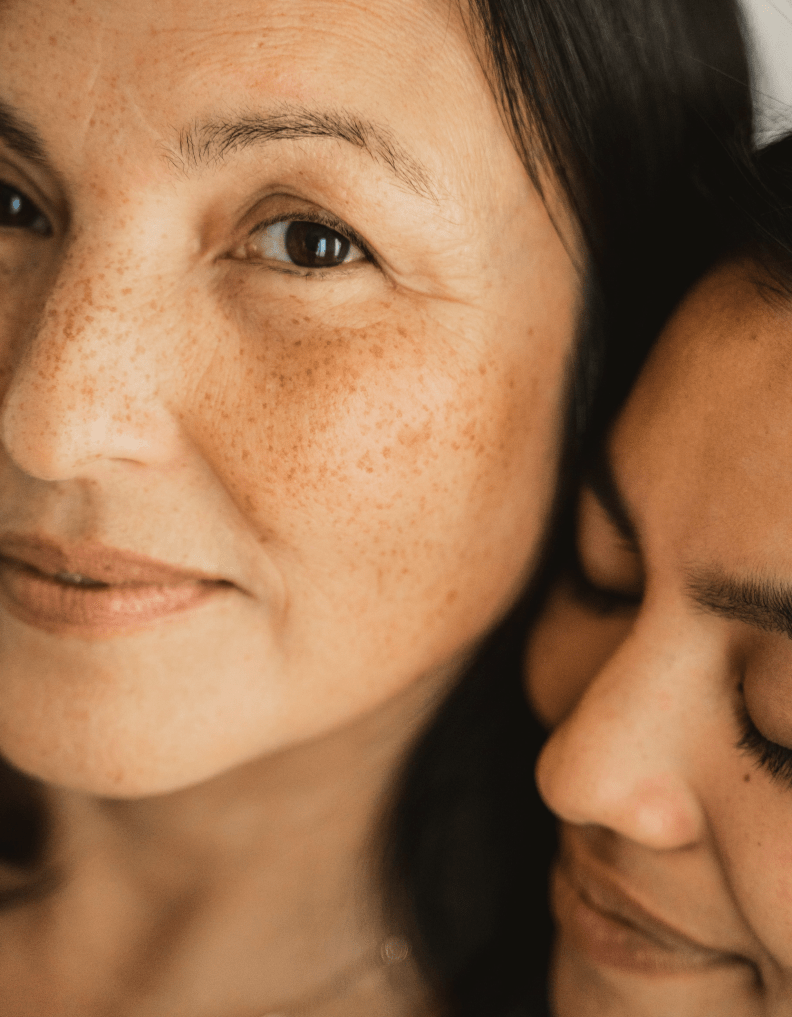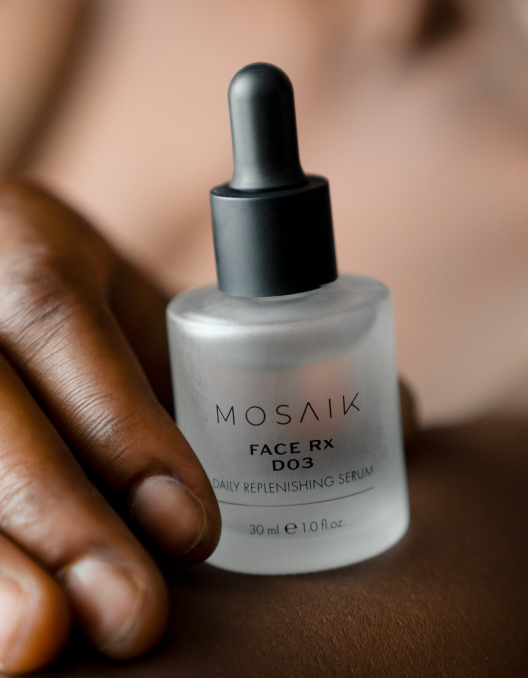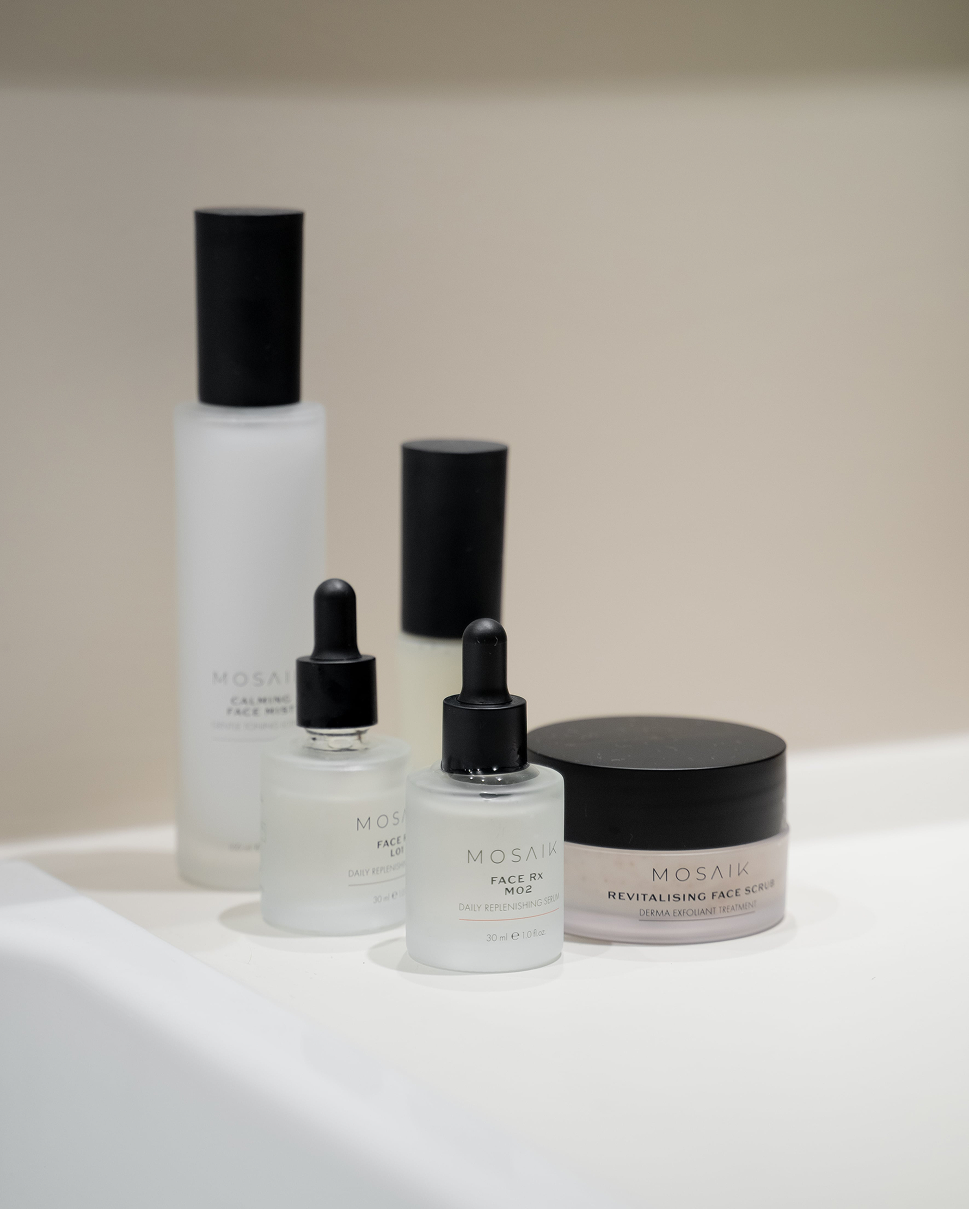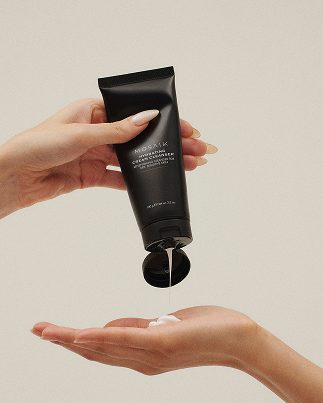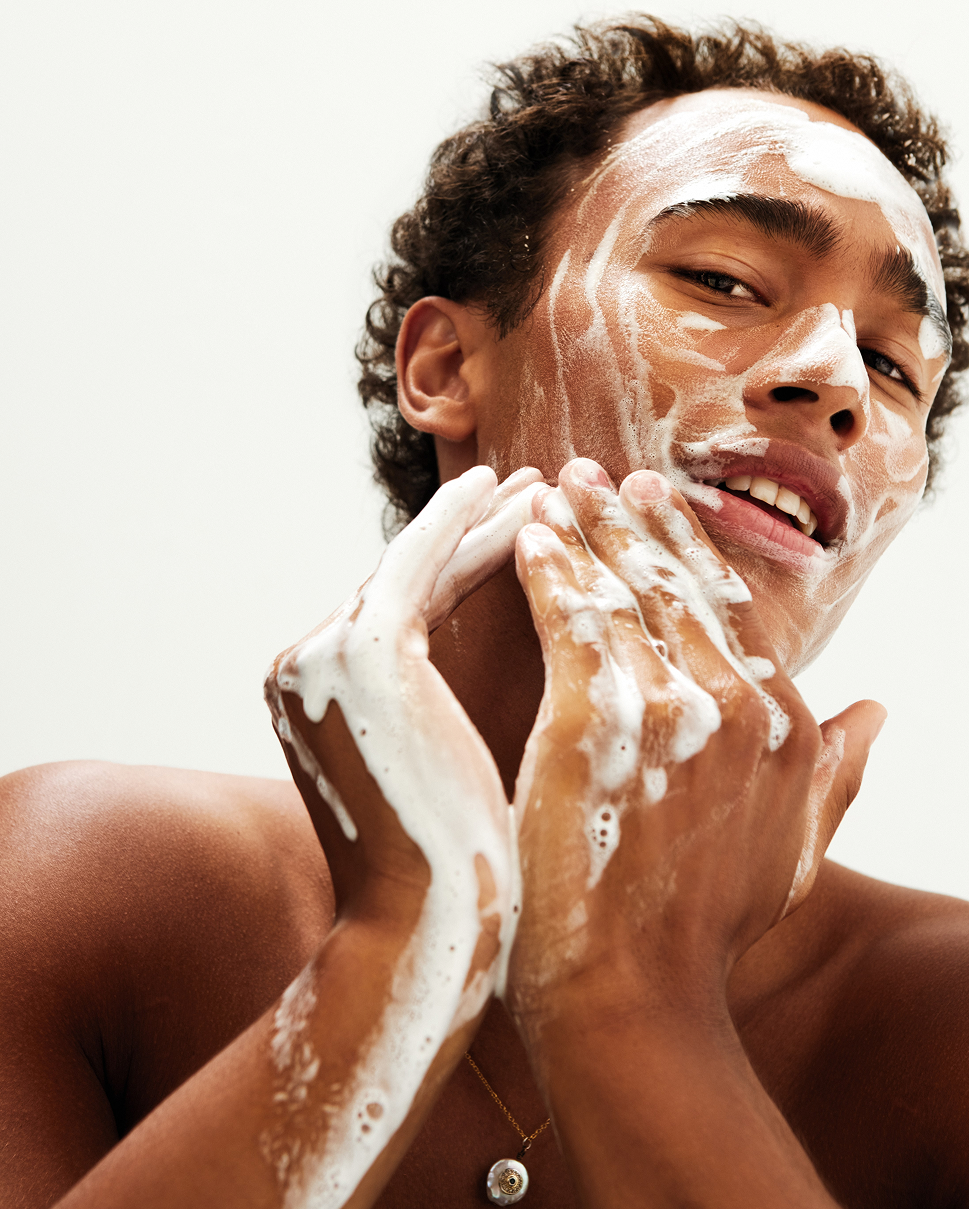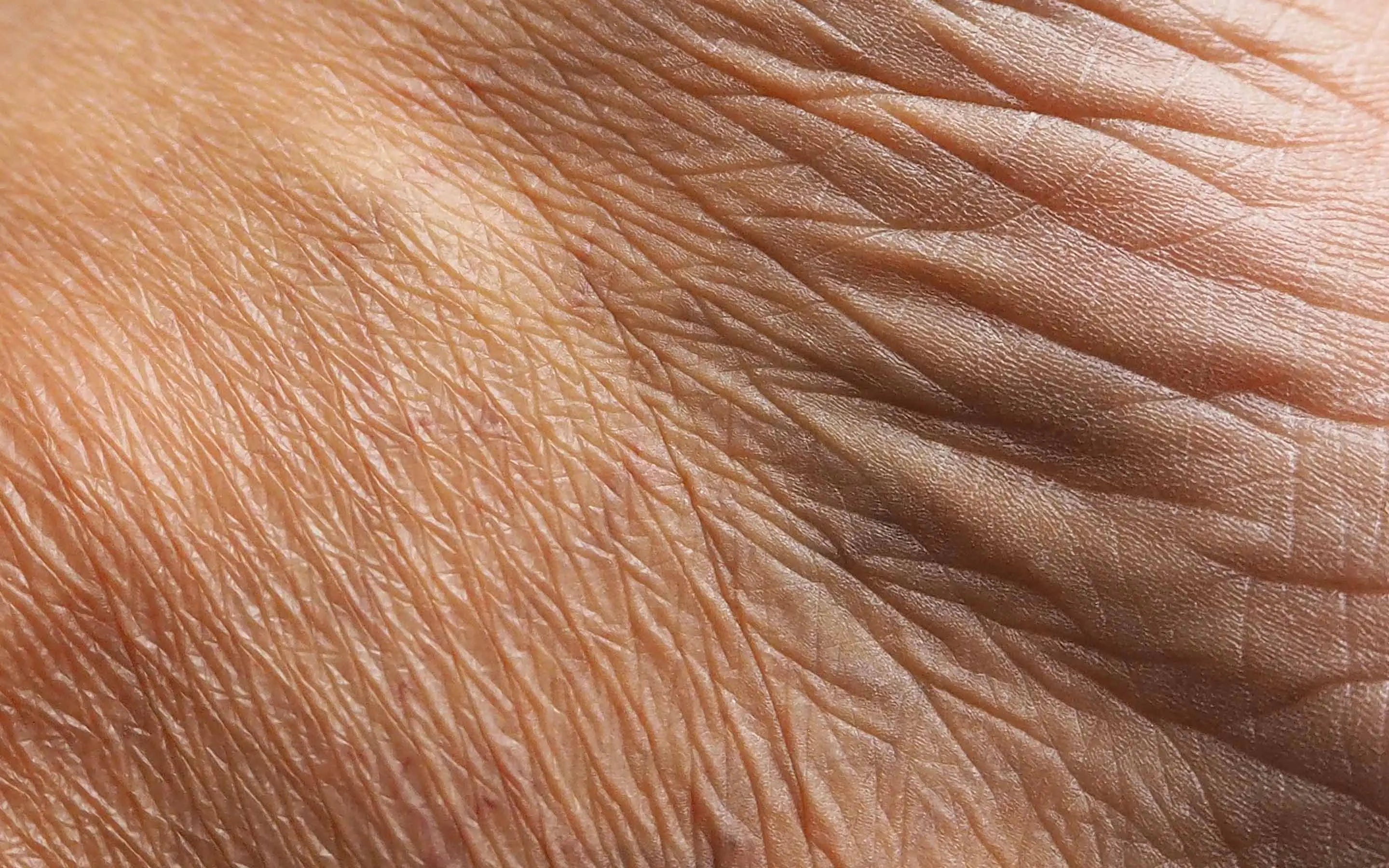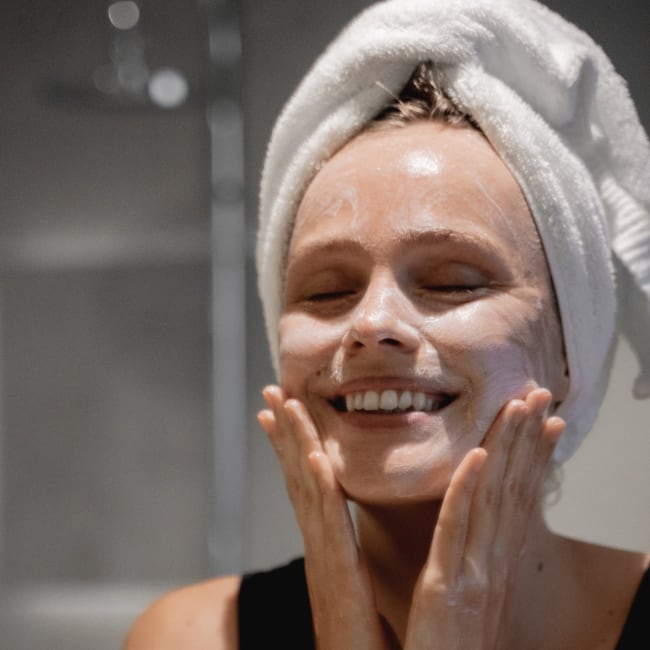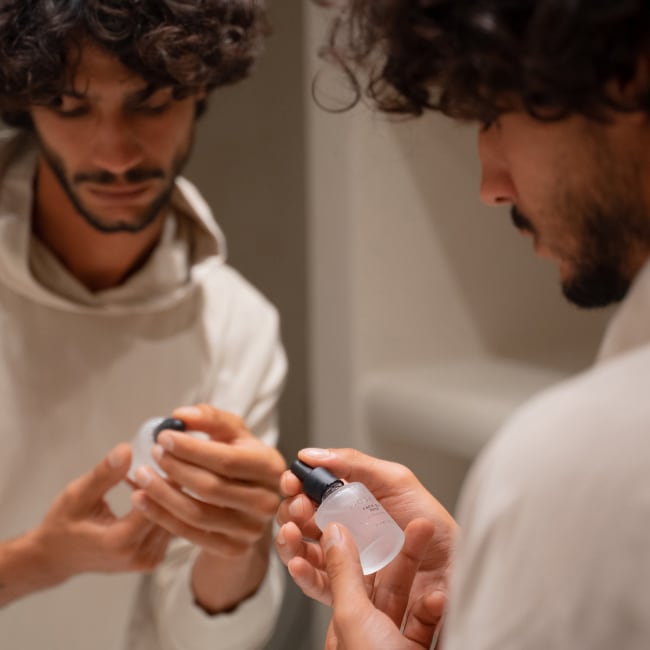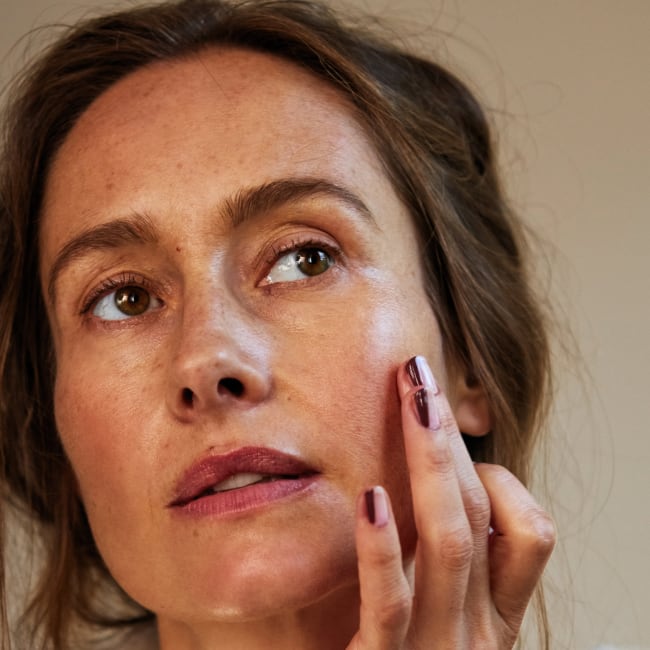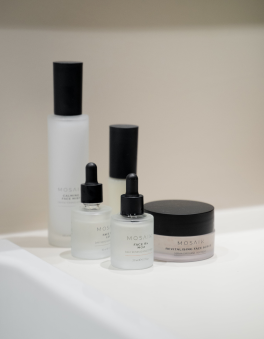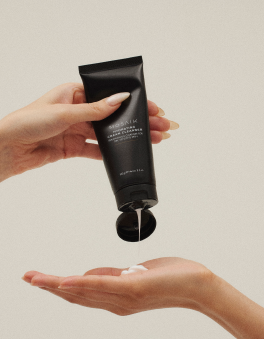Dr Schemmer, for how long and why did you end up specialising in Dermatology? What intrigued you to go down this path?
I never felt fully satisfied when I finished my training at the general (G.P. level), I was inspired that Dermatology is constantly changing with new treatments and new conditions. I was intrigued because there are very few specialists in this area and it often covers a broad age group of patients; from babies to the elderly, which I find interesting. Many medical specialities often involve primarily older patients. I also like that for the most part, the majority of patients are not treated with oral medications. Unfortunately,, most of society seems to default to this in today's world. Sadly there has been an explosion of Skin Cancer in the last 25 years, but this has allowed me to -- test my acumen and surgical skills to attempt to rectify a situation in the safest and most effective way possible.
Can you share with us some of the challenges, or what you find the most interesting about skincare and dermatology?
Having a broad range of patients, from babies through to the elderly is challenging, but also keeps the role fascinating. Each age group has their own specific challenges whether it be medical or surgical. Ensuring to care for and consider the different needs of each individual is very important, not only in accordance with their age but also their personalities and lifestyle habits. Adopting the appropriate bedside manner and techniques to make the patient-physician interaction smooth and as positive as possible is absolutely essential.
What is the most common skin problem or treatment request you have from your patients?
This question is almost impossible to answer; in all honesty, I would need 10 hours to explain in detail the common skin concerns or requests. The two issues that are front of mind are Acne; this is such a prevalent issue for so many individuals and has such an influence on their self-esteem. Additional to this would be to remove a lesion of concern from the skin i.e. Skin Cancer.
Now, more than ever, we have access to more knowledge, yet it seems we are going backwards? Do we need to be educated in the ‘right way’, as at times maybe we are overloaded with information that is not consumable, and instead becomes white noise… What is your view?
Nonsense. More knowledge = better treatments. I think this is absolutely untrue. We are so fortunate to live in a time where there is more and more access to knowledge, and also new and improved medical-technology that is being improved every year. The consequence of the increased amount of knowledge is better treatments for patients. It is important however to ensure that the information is being sourced from the appropriate sources. There is a lot of false information circulating the internet.
From our understanding, you have worked all over the world. As the world becomes even more mixed and colourful; with people of all ethnicities relocating to all different countries, have you seen a shift in dermatology?
Interestingly enough, not really. Indeed, skin conditions are seen in every part of the world. It is not so much that dermatology is changing, but more that the conditions just look different on different skintypes.
Is it true that there are different skin problems or diseases that are directly linked to our genetic makeup?
Yes, absolutely. Genetic makeup can greatly influence Dermatology. The most common example is Skin Cancer. Individuals that have fair skin, fair eyes, and light or red hair types are much more prone to Skin Cancer. These individuals do need to take more care and use more and higher levels (SPF) of sun protection versus those who have darker skin, eyes and hair.
How much does our physical location influence our skin health?
This question is multifaceted and complicated to answer, but the environment does influence the skin. Pollution levels and concentrations in a city or place can also have negative implications on skin health. Those in sunny climates with Type 1 or Type 2 skin types tend to be at higher risk of Skin Cancer than those with darker skin tones - however, again, this is not always the case. Many factors must be taken into consideration.
How much of our skin health is determined by internal versus external factors?
It is a combination of the two, metabolic health is very important. If you have poor metabolic health, as a percentage of the population does, then this can influence skin health. Additionally, exposure to excessive amounts of sun will have a direct impact on skin health. It is important to use topical products that are natural without chemicals, non-comedogenic and appropriate to your skintype, as otherwise these products can block pores, and cause Acne outbreaks and/or irritation.
What is the secret to maintaining skin health?
There are multiple elements involved in maintaining skin health. These include, metabolic health, adequate sleep and eating a healthy, balanced diet. With diet, it is important to try to avoid sugars, carbohydrates (simple ones) and chemicals that are found in foods. Lean proteins and fibre in a balanced diet is important for skin health.
How can we embrace the inevitable journey of skin ageing, what are your thoughts?
Again, there are many different influences that can support the natural ageing process of the skin. These include good metabolic health, avoiding too much sun and ensuring that sunscreen is used when appropriate. A healthy balanced diet and regular exercise are also fundamental to ensuring not only overall wellness for your body but also for your skin.
What is your personal view on face or skin augmentation?
I believe that this is a personal choice. In my opinion, if it makes a patient feel better that's fine; it is up to the individual. As a professional, I personally never do any of these procedures but work specifically in the medical dermatological space.
Congratulations on recently becoming a grandfather, if you could push any message/one thing to her about her skin health, what would it be?
Protect your skin from the beginning. Daily SPF of 50+, sun protection such as hats or clothing with UV-cut fabrics will become more and more essential. Getting into the habit of treating the skin with care and good protection from an early age will benefit anyone in the future…
